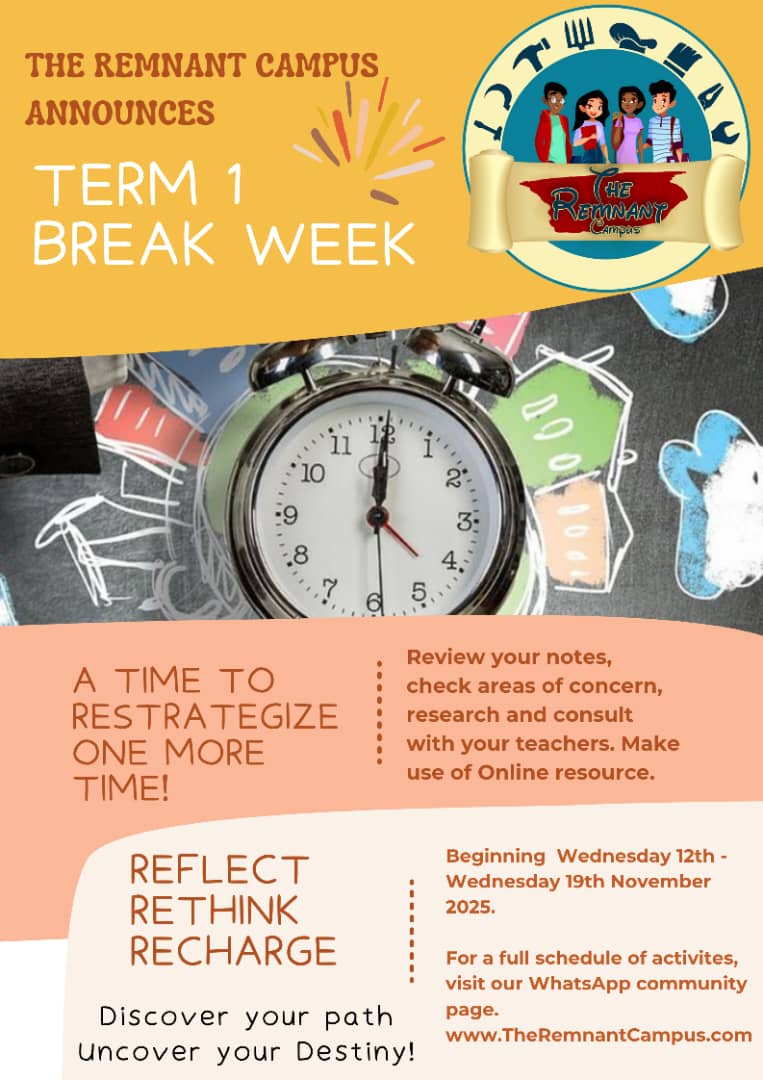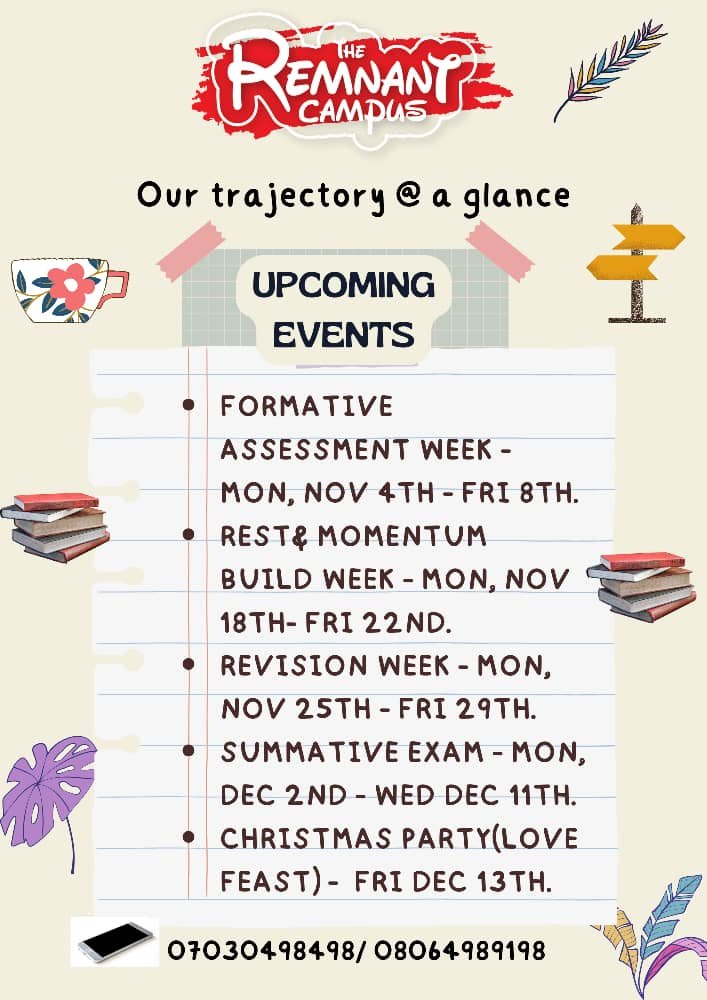Charlotte Mason
Charlotte Mason was a British teacher and educational reformer in the late 19th and early 20th century.
She lived during the time of Dickens, when children (especially poor children) were often thought of as burdens or commodities rather than people.
Children from well-to-do families were educated, but by a tutor or governess; they often had little contact with their parents.
It was a society in which children were often either used or put aside, and Ms. Mason saw some serious problems with that attitude.
So she set out to change it.
She set out to build an educational philosophy which saw, understood, and respected the academic, emotional, and spiritual needs of a child – one which saw them not only as being valuable in the present, but that recognized the need to educate each child intellectually, emotionally, and spiritually in a nurturing way.
This philosophy capitalized not only on the inherent value and abilities of a student, but on the fact that this boy or girl will someday grow into an adult that will help to raise the next generation of society.
Having worked and taught in the state-run school system, Charlotte saw another way.
She worked to form a chain of parent-controlled schools called the Parents’ National Education Union (or PNEU), wrote a volume that is now published as The Original Homeschooling Series. She also trained teachers and governesses at her training school in Ambleside, the House of Education.
Here was an educator who actually addressed the issues of children’s developmental and emotional needs and how to match children’s learning processes with instructional methodologies.
Charlotte’s method is what many of us may wish we grew up with. Oddly, it is also a method that is hard for us to accept, at least at first.

This is because a day in the Charlotte Mason method includes little to no lecture-based lessons, dry textbooks, fill-in-the-blank worksheets, strict scheduling, homework, or checking boxes off a list.
Yes, such a thing really does exist!
Instead, it includes introducing your children to classic literature, from early picture books on up through Great Books novels.
It involves studying composers and their genres, artists and their works, and nature. Charlotte Mason homeschooling even includes crafts or hobbies of their choice, and free time to invent through play.
Lessons are short, since the mind can only hold what the seat can endure. Comprehension is gauged through an activity called Narration. (an aspect of Creative Writing that deals with descriptive narrative, as Storytelling)
An appreciation for beauty and ideas is cultivated by actually exposing your child to beauty and ideas – and appreciating these with them.
The school day is generally over by 1:00, at which time children are given free time to pursue whatever interests them. They can build projects, learn a new skill, craft, or game, write or read, or investigate something that has caught their attention.
This is a skill that (if they’re not used to it) takes a little guidance at first, but soon becomes something kids really tend to look forward to.
Short Lessons with No Grades
Ok, short lessons are something most of us can get on board with, but no grades? Isn’t that blasphemy?
Not really.
When children learn to love learning for its own sake, rather than for some sort of reward (whether it be stickers or grades), this tends to carry on later in life. The point of learning, in Ms. Mason’s mind, is learning itself. It’s not a subset of life, but rather part of every area of life. As such, it is its own reward.
Now, this doesn’t mean you can’t or shouldn’t keep grades…
There are countries today that operate in this manner, there’s no such thing as promotional exams, until students get to a higher level in education.
In my opinion the way we assess our children is not necessarily fair across board, what do I mean? Children in a classroom learn at different levels and understand topics differently, depending on how the lesson was disseminated. This is where a 21st century theme for learning needs to be employed to meet the need of every child in class- Differentiation.




